“How much water do I need?” is something you may have wondered before. Currently, the health world seems to have an obsession with pushing the 8-glasses-per-day rule. Let’s explore how much water you actually need to drink for optimal hydration, as well as a Berkey filter review (our family’s water filter of choice).
Learn how to practice smart hydration (hint: it’s God-given) everyday for optimal results. We all know water is essential to life – here’s the full run-down on how to make it work best for you.
Even if you’re not health-savvy, everyone knows how much water they are “supposed” to drink. I’m constantly hearing people say “I need to drink more water,” as if they are being a disobedient child when they don’t comply. Indeed, most health sources say the same thing: drink more water. But is it really necessary (or even helpful)?
Guys, I’m not a doctor or nutritionist. I just have personal experience of working to improve my health and knowing what feels best for me. I also value common sense and believe strongly that God created our bodies to be listened to. That’s how we learn what we need.
But I also like researching studies of people who are much smarter than myself on topics of wellness. One of these is hydration, an all-important topic for summer.
8×8 Drinking Water Rule Debunked
The water-drinking rule most people follow is the 8 x 8 rule. This means drink eight glasses a day, each glass containing 8 ounces of water. But is this really how much water healthy adults need?
Proponents of the 8 x 8 rule also claim that caffeinated beverages do not account toward your daily fluid intake. So essentially, if you are a big coffee or tea drinker, you could be consuming much more fluid than the average person to try to meet your daily requirements. But look at the results of the following study:
The subjects were 18 healthy adult males aged 24–39 years, and the drinks included water only, as well as caffeinated and noncaffeinated caloric and noncaloric beverages…. There were no significant effects on any of the variables by which hydration was judged. The authors concluded that “advising people to disregard caffeinated beverages as part of the daily fluid intake is not substantiated by the results” of their study (source).
For further reading on why caffeine does not dehydrate you, read this article.
In this journal article by the American physiological society, it was concluded that there is no real scientific basis for the 8 x 8 rule. Also, it explains that all of your fluid intake from milk, juice, tea, coffee, and even food (yes, food contains water) count toward daily fluid intake.
Technically, the 8×8 rule is a good basic measure of necessary fluid, but this fluid can literally come from anywhere – not just water. The true measure of necessary fluid differs from person to person, based on a number of factors such as climate and activity level.
Drinking too much water causes electrolyte loss
Chugging tons of water is another area where the “more is better” ideology does not always apply.
When I was dealing with iron deficiency, two of the symptoms were crippling fatigue and an ultra-dry mouth. Both of these symptoms caused me to constantly refill my water glass, to cure my dry mouth and also to try and regain some semblance of energy. Obviously, guzzling tons of water didn’t help either of these issues. In fact, I now know it probably made my fatigue worse.
When you drink too much water, it dilutes your body’s electrolytes (including sodium), causing fatigue, dizziness, and other symptoms. According to Medical News Today:
Drinking a lot of water increases the amount of water in your blood. This water can dilute the electrolytes in your blood, especially sodium. When sodium levels fall below 135 mmol/L, it is called hyponatremia.
Sodium helps balance fluids between the inside and outside of cells.When sodium levels drop due to excess water consumption, fluids shifts from the outside to the inside of cells, causing them to swell. When this happens to brain cells, it can produce dangerous and potentially life-threatening effects.
If you’re truly concerned about dehydration, another good rule of thumb is to check your urine. According to LiveScience: “Dark yellow or orange urine usually indicates dehydration.” Maybe that’s TMI, but there it is.
Additionally, according to Lauren Geertsen, Nutritional Therapy Practitioner and author of the blog Empowered Sustenance:
Clear pee signals over-hydration, a state where the electrolytes in your body fluid is out of balance with the water levels. When we drink too much water, we create an electrolyte deficiency. The extracellular fluid in the body contains sodium, as well as other electrolytes. When we drink plain water, it dilutes the electrolytes which carries metabolic consequences. This is because the concentration of electrolytes in the blood and extracellular fluid is key to cell-to-cell communication and regulation.
You should read her entire article here. Basically, our cells are happier when we don’t over-drink. And happier cells = a happier body.
How Much Water Should I Drink?
The answer is simple: Listen to your body.
This common sense argument is the most convincing when considering water intake. In contrast, I’ve heard people say, “Once you reach the point of feeling thirsty, you are already dehydrated.” Does this make sense?
Is it logical that God makes creatures with inaccurate thirst mechanisms, who are already dehydrated by the time thirst finally kicks in? I don’t think so.
Think about this in relation to food. Can you imagine saying, “Don’t wait to eat until you are hungry. You might be in the beginning stages of starvation by the time you feel hunger.” Of course not! We know that eating before hungry consistently leads to weight gain. Every day, we see the side effects of too much food with obesity. The effects of too much water are not as well known, but still something to think about.
Humans are always trying to out-smart our bodies. We try to eat the opposite of what we are craving and drink when we’re not even thirsty, in order to obey “the rules.” We are the only creatures who live this way. You’ll never see an animal drinking unless they are thirsty, plain and simple. This is a God-given reflex.
The only caveat to the “drink when thirsty” rule may be for people who are in hot climates, super-active, pregnant women, or the elderly. These people may need some extra water, but for the average healthy person, listening to your body’s internal cues should keep you perfectly hydrated.
Berkey Filter Review (our family’s favorite water filter)
Now that you know when and how much to drink, what kind of water you drink is equally important. Most people use water filters today, but the majority of these filters don’t get rid of all the contaminants you might think they do. This Berkey filter review is based on three years of continual use by our family of four.
Berkey Filter Review – Why I love our Berkey:
- Highest Purity Standards. When I started researching the best kind of water filter to use for our family, Berkey came out on top. It’s actually rated as a water purifier, which is a notch above a simple filter. It removes 99.99% of all contaminants including chlorine, chemicals, heavy metals, bacteria, and parasites. Most other filters don’t even come close in purity standards.
- Emergency Preparedness. Another thing I love about the Berkey is emergency preparedness. It can purify water from almost any source, including nearby lakes and streams. This provides peace of mind during a natural disaster, but is also great to take with you on camping trips for pure water anywhere.
- Super Economical. Berkey systems are also extremely budget-friendly. You might get sticker-shock from the initial investment of around $250, but the filters don’t need to be replaced for 3 years or more. The filter life is a whopping 6,000 gallons! Most other water filter systems need replacing every 3-6 months. Berkey water costs less than 2 cents per gallon. Compare that to Brita and PUR filters at 20 cents per gallon – that’s a huge savings over time!
The only drawback (to me) of using the Berkey is that it is a large system that sits on your kitchen countertop (we use the Big Berkey). It is very pretty, but is a bit of a squeeze in our small kitchen space. However, to me, this is a small price to pay for unsurpassed water quality. We’ve had ours for 3 years and love it!
Fluoride filters are a great option to add on to your Berkey, although they have to be replaced annually. We used them the first year but haven’t replaced them yet. I think it’s a great idea to filter fluoride from drinking water (learn more here). I do brush with fluoride toothpaste now because I noticed a difference in my teeth when I stopped. However, it’s unnecessary for the body as a whole and some evidence suggests that fluoride can be harmful.
I just noticed on their website that Berkey also has a Scratch and Dent section, where you can save even more without sacrificing performance. Berkey has also created a special coupon code for Healthy Christian Home readers for 5% off. This is taken out of my affiliate earnings and I pass the savings along to you. You also get free, fast (2-3 day) shipping, a 30-day return policy, and lifetime warranty.
>> Use the code HEALTHY5 to save on your new system! <<
Our family uses the Big Berkey, which is the perfect size for our family of four. They have even bigger sizes available, as well as smaller travel systems. The Royal family even uses Berkey at Buckingham palace… I mean, c’mon. You know you want to drink royal water, too.
Berkey System Recommendations:
- Big Berkey for an average-sized family.
- Royal Berkey for a large family.
- Fluoride filters if you want to remove fluoride from your water (50% off).
- Stainless steel stand is a nice accessory to have, so you can fit cups underneath while filling. It doesn’t fit in our current space, but I want to get one eventually (50% off).
Get your Berkey System today! Don’t forget to use the code HEALTHY5 at checkout to save 5%.
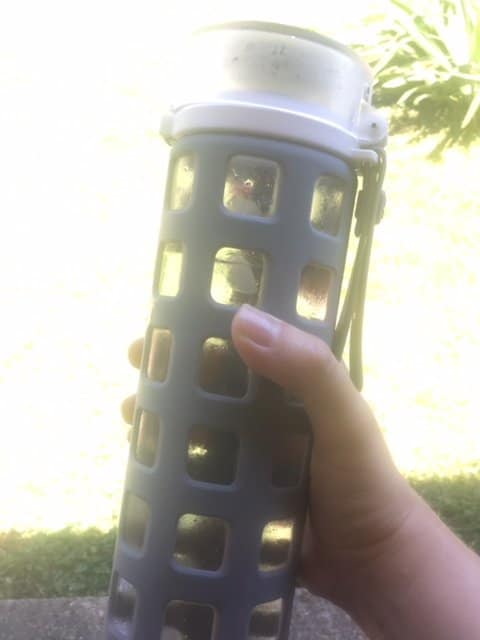
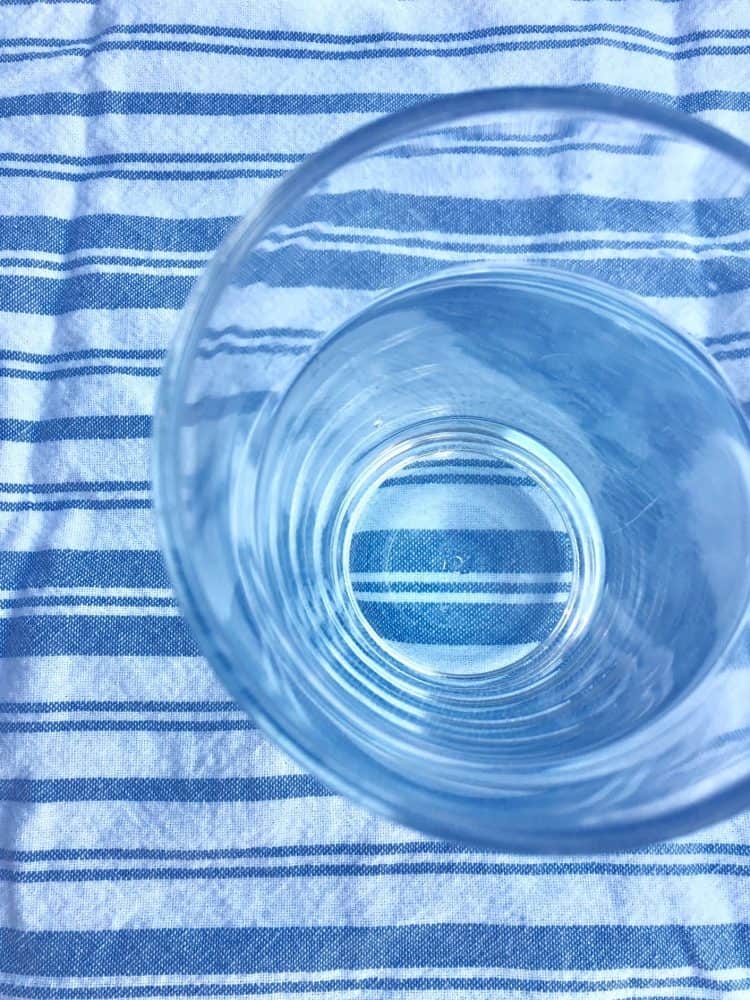
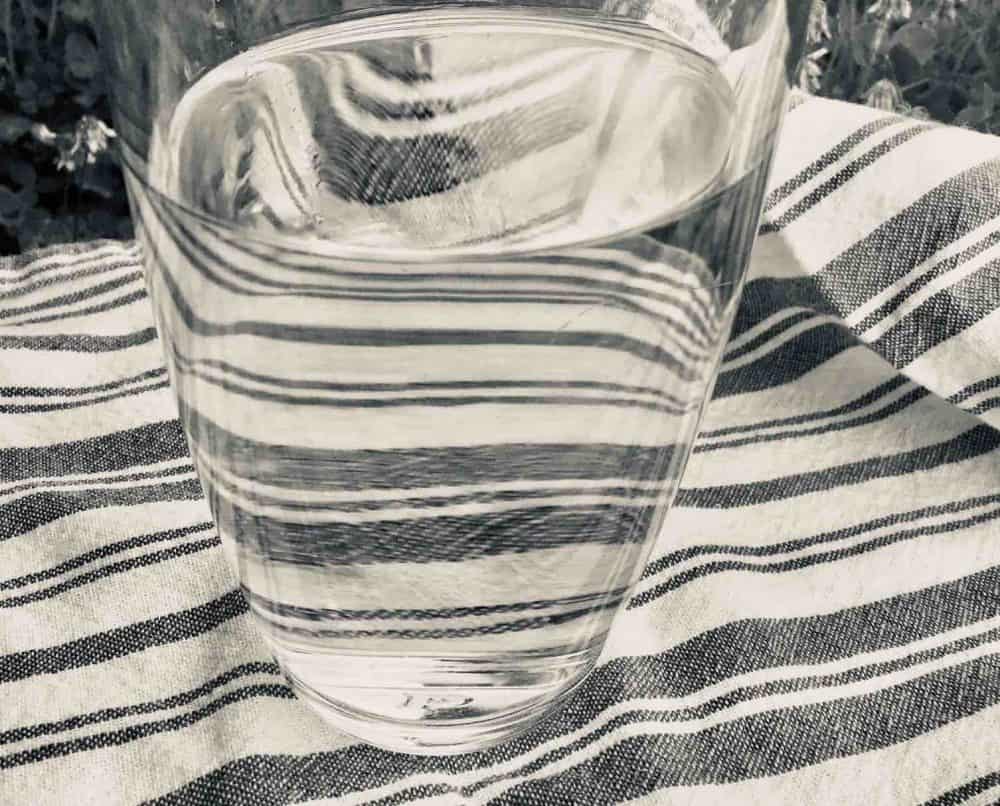
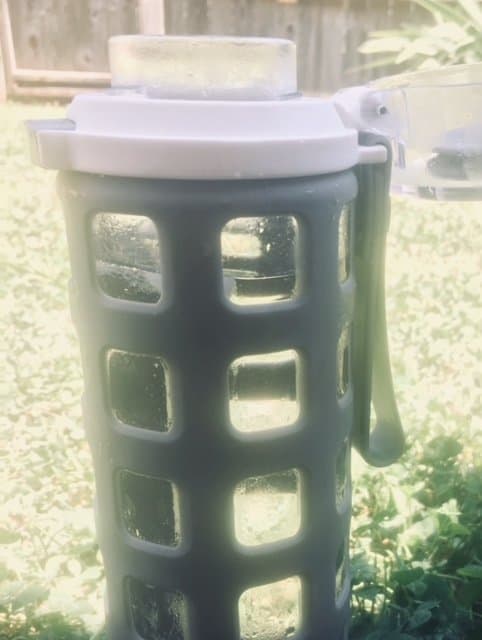
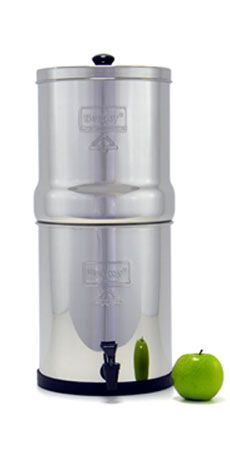


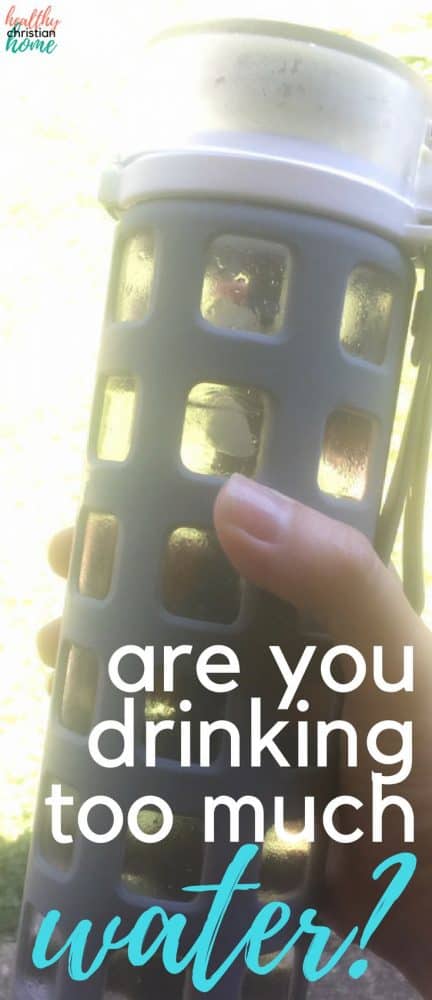

Girl, just got a Berkey and we love it!!! I notice a big different in flavor (and even how clear our ice freezes now). Haven’t gotten the Fluoride filter yet, but that’s next on my list.
That is awesome, Morgan! Aren’t they the best?! The fluoride filter is great, too.
Great article Mary! I was having trouble picking a size for a bit, and found a pretty good article/video if any of your readers are interested: https://www.bigberkeywaterfilters.com/blog/berkey/help-me-choose-a-berkey-filter-system/
Thanks Mindy!